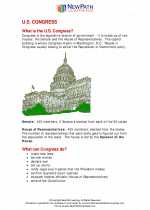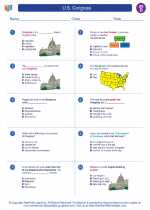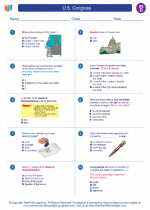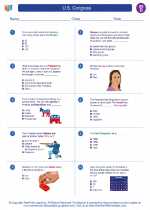Freedom of the Press
Freedom of the press is a fundamental right that allows journalists and media organizations to publish and distribute information without government interference or censorship. This freedom is essential for a functioning democracy as it enables the public to access diverse sources of information and hold the government accountable.
Key Concepts
- First Amendment: In the United States, freedom of the press is protected by the First Amendment to the Constitution, which prohibits the government from making any law that abridges the freedom of the press.
- Censorship: The suppression or control of what can be published or broadcast by the government or other regulatory bodies.
- Responsibility: While the press is free to report on a wide range of topics, journalists also have a responsibility to uphold ethical standards and provide accurate and fair reporting.
- Role in Democracy: A free press plays a crucial role in informing the public, uncovering corruption, and facilitating public debate and discussion.
Study Guide
1. Why is freedom of the press important in a democracy?
Freedom of the press is important in a democracy because it allows for the free flow of information and ideas. It enables citizens to make informed decisions, hold their leaders accountable, and participate in public debate and discussion.
2. What is the significance of the First Amendment in relation to freedom of the press?
The First Amendment to the United States Constitution explicitly protects the freedom of the press, highlighting its essential role in ensuring a free and open society. It prevents the government from imposing censorship or restrictions on the press.
3. How does freedom of the press contribute to transparency and accountability in government?
A free press acts as a watchdog, uncovering corruption, exposing abuses of power, and holding public officials accountable. By reporting on government actions and policies, the press helps to ensure transparency and prevent the abuse of authority.
4. What are the ethical responsibilities of journalists in exercising freedom of the press?
Journalists have a responsibility to report truthfully, with accuracy, fairness, and integrity. They should uphold ethical standards, avoid sensationalism, and provide balanced coverage of issues.
Encouraging critical thinking and media literacy can help people evaluate the credibility of information they encounter.
.◂Social Studies Worksheets and Study Guides Fourth Grade. U.S. Congress

 Worksheet/Answer key
Worksheet/Answer key
 Worksheet/Answer key
Worksheet/Answer key
 Worksheet/Answer key
Worksheet/Answer key
